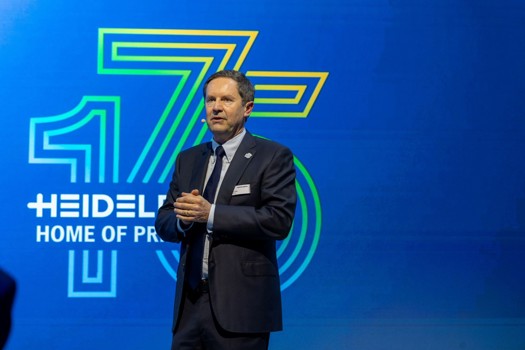Trinity Mirror chief executive, Sly Bailey, said: "We are delighted that the BBC Trust and Ofcom have recognised and confirmed our view that BBC Local plans would have posed a severe threat to the commercial regional and local media marketplace.
"We can now continue to invest without the fear that a publicly funded giant would be duplicating already existing services."
The proposal would have seen the BBC spend £68m of licence fee monies, employ 400 staff, with the new video services covering 60 areas on BBC Local websites, however the review said the BBC should instead concentrate on improving existing services.
Publishers had been outraged at the plans, with the Newspaper Society launching a legal bid to suspend the BBC Trust enquiry claiming that comments made by BBC Trust chairman Michael Lyons at a lunch which were dismissive of the quality of local press, showed that the BBC Trust's review of the plans would be biased.
The Trust today issued a statement on its public value assessment, concluding that the new broadband services would exclude certain demographics such as those on low-incomes or living in remote areas, or not benefit others such as older people that prefer television as a medium.
Ofcom's market impact assessment found that the plans would damaging to local newspaper publishers among others.
Lyons said: "It is clear from the evidence that, although licence fee payers want better regional and local services from the BBC, this proposal is unlikely to achieve what they want.
"We also recognise the negative impact that the local video proposition could have on commercial media services which are valued by the public and are already under pressure."
He continued: "Our decision today to refuse permission for local video means that local newspapers and other commercial media can invest in their online services in the knowledge that the BBC does not intend to make this new intervention in the market."
The funds detailed for the video services will now be put back into the BBC's central reserves and future expenditure of them will have to be agreed by the Trust.
This may go some way towards addressing publishers' continuing concerns on how the BBC operates.
Bailey added: "We will still be seeking assurances from the BBC Trust that the BBC will not be overstepping the boundaries of their current Service Licence by launching new hyperlocal map-based news services."
BBC Trust scraps plans for multi-million pound local video service
Publishers of regional newspapers are jubilant today after the BBC Trust found against the BBC's plans to roll out a multi-million pound network of regional video news, sport and weather services.







